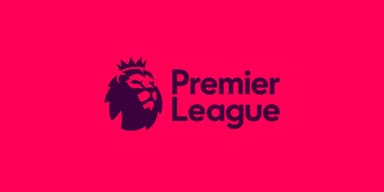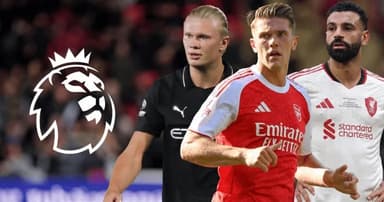
The Premier League summer window has dropped a bombshell twist: Manchester United have officially confirmed they’ve abandoned plans to sign 21-year-old Cameroonian midfielder Carlos Baleba this summer, after Brighton slapped a £115m "Moises Caicedo-style" price tag on him—far exceeding the Red Devils’ expectations. This three-month transfer standoff not only lays bare the valuation gap between the league’s rising forces and traditional giants but also exposes the commercial ambition behind Brighton’s "non-sale" strategy.
Brighton’s asking price directly mirrors Chelsea’s record-breaking 2023 deal for Caicedo. Despite Baleba’s €40m Transfermarkt valuation and modest 2024/25 Premier League stats (4 goals, 2 assists in 40 games), the Seagulls are convinced he can replicate Caicedo’s growth trajectory. Crucially, Baleba’s contract runs until 2028 with no release clause, giving Brighton absolute negotiating leverage.
United are equally firm: their initial offer of £80m fixed + £20m add-ons was flatly rejected by Brighton. Insiders reveal the Red Devils’ summer midfield budget cap is just £85m, with funds also needed to offload high-earners like Jadon Sancho (£40m asking price) and Antony (£25m discounted fee) to avoid FFP risks—the valuation gap even surpasses United’s £74m total outlay for Benjamin Šeško this summer.
Baleba’s "lifelong dream of playing for United" once became a key factor: he openly expressed his desire to move to Old Trafford and even verbally agreed to a 5-year contract with £180k/week wages with United. However, Brighton temporarily retained him by offering a pay rise to £120k/week plus a guaranteed starting spot. While his agents hinted via media that Real Madrid and Bayern Munich might intervene (a "reverse pressure" tactic), it failed to shake Brighton’s pricing stance.

With Baleba off the table, United have been forced to activate Plan B: targeting Feyenoord’s Quinten Timber (24, 1 year left on contract, 2.1 successful dribbles per game, 18 goals & 13 assists) and former Sporting CP midfielder Youlmand (23, a protégé of manager Rúben Amorim). But Timber’s adaptability from the Eredivisie to the Premier League is unproven, and Youlmand has been flagged by scouts for fitness issues. Worse still, United face a "midfield vacuum crisis": after Casemiro’s departure, Ugarte is left to carry the load alone, while Scott McTominay and Kobbie Mainoo offer only 60% of Baleba’s defensive coverage. If they fail to sign a replacement by August 31, their top-four hopes for next season are in jeopardy.
This standoff is essentially a continuation of Brighton’s "star factory" model: since gaining Premier League promotion in 2017, the Seagulls have netted £780m through "buy low, sell high" deals—with Caicedo (£115m) and Marc Cucurella (£60m) as classic examples. Baleba’s price tag is essentially a bet on the future: if he performs well this season, his transfer fee could exceed £150m when he enters the final year of his contract in 2026. CEO Paul Barber emphasized "not selling key assets under pressure" when rejecting United, which not only safeguards the club’s commercial reputation but also leaves ample negotiating room for next summer’s window.
United manager Rúben Amorim, while saying he "respects Brighton’s decision," hinted at potential twists: "We have other targets—football is full of surprises." It’s reported the Red Devils are accelerating the sales of Sancho and Antony; if they can free up funds within 48 hours, they may restart talks for Baleba. For Brighton, though they’ve temporarily kept Baleba, they must guard against the risk of "the player’s heart already being gone"—the lesson from last season, when Caicedo’s public comments amid transfer drama disrupted the dressing room, remains fresh.
The outcome of this standoff will not only affect United’s midfield strength next season but may also rewrite the negotiation rules between mid-tier clubs and giants in the Premier League. When Brighton’s "non-sale" strategy collides with United’s financial red line—will commercial rationality prevail, or will sporting needs give way? The answer may not emerge until next summer’s transfer window.




